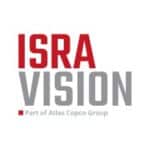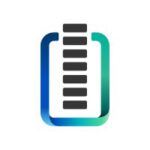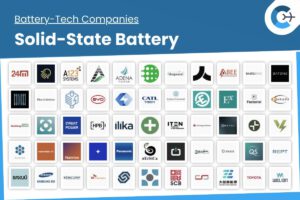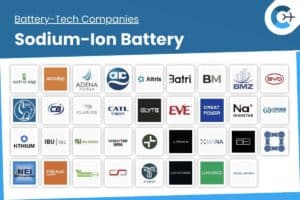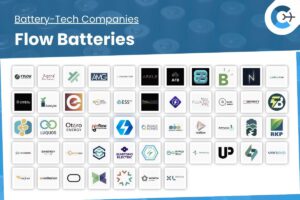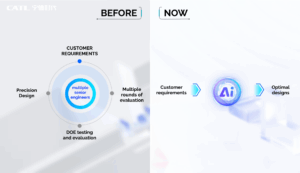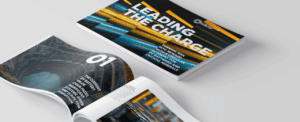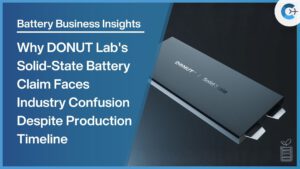ISRA Vision offers inline quality inspection systems for lithium-ion battery manufacturing, covering electrode/separator production and cell assembly. Systems inspect electrode films, separator films, and metal foils (web widths 300–1000 mm, speeds ~50 m/min, resolutions 25–100 µm) to detect streaks, holes, stains, impurities, and coating defects. Separator film inspections use ultra-high-resolution cameras to identify PVDF fluoroplastic coating defects. For cell assembly, optical inspection of pouch, prismatic, and cylindrical cells detects surface imperfections, contamination, dimensional variations, and verifies barcodes/data codes, with defect detection down to ~50 µm, enabling real-time process adjustments to increase yield and reduce waste.
High-performance machine vision systems including specialized cameras, lighting solutions, and intelligent software for surface inspection, quality inspection, robot guidance, and automated measurement; the FPM-Smart all-in-one optical defect detection platform for intricate free-form surfaces (transmission and reflection bright field) in glass manufacturing; and the Perceptron and QUISS product brands.
In 2024, ISRA Vision launched the FPM-Smart all-in-one optical defect detection system for free-form surfaces in glass manufacturing, featuring Transmission Bright Field and Reflection Bright Field inspection. In 2023, the company streamlined its branding under the Atlas Copco name while retaining its original product brands (Perceptron, QUISS), reinforcing its position as a primary machine vision solutions provider within the group.
Prior to 2020, major shareholders were Enis Ersü via EVWB GmbH & Co. KG, Vision GbR and Kabouter Management, LLC. In 2020, Atlas Copco acquired a majority stake through a public takeover offer and agreements with key shareholders, and as of 2025, it remains the controlling owner.

